
What struck me when I encountered the refugees was how normal they seemed – I’m not sure what exactly I was anticipating: perhaps run down, ragged, desperate people who I had seen in National Geographic; or disconnected foreigners, who existed in another reality. Instead, these were well dressed families who didn’t look desperate or insane– these were people who I could relate to. I was surprised how easily I could see our roles reversed, and how easily I could put myself in their shoes.
On the train ride over from where I was staying, two young boys ran back and forth through the center aisle, screaming as they went. I didn’t realize who they were at the time, but later it struck me, when they rolled past, pushing their little sister in a pink stroller: they and their families were fleeing the horrors of the Middle East. Sometimes, when world affairs are far away, it’s easy to dismiss them as unimportant, irrelevant, or exaggerated. It’s easy to pass judgement and opinions on the circumstances of others, when ultimately, their plight has no relevance or effect on you,
personally.
At the next stop I left the train, hopped on a bus, rode a few stops bumping shoulders, and followed the motley crowd down a small hill, to an old housing complex of some kind, far away from the large
cities. Outside in the stale, overcast morning, a group of men stood exhaling smoke, the two boys careened their sister around the winding sidewalks, and a few women huddled on benches, striking a forlorn picture of reality against the backdrop of imposing clouds. The air was cool, and drops of rain struck my face like exclamation points, leaving spots of blur on my glasses. After building up some courage, I ventured towards the building.
Inside the main entrance, I was confronted with a press of bodies, the chatter of Arabic and the overpowering scent of travelers who had been on the road for some time. The refugees were packed like sardines into a waiting room – waiting, I imagine, for the fate that would be passed down to them through the numbered cards they held in their hands. Children held the legs of their parents and looked up at me with wondering eyes; fathers pushed through to get a better view of the aid worker in the middle of the room who was calling out names; and mothers soothed babies who had screamed themselves hoarse, and now whimpered sobs of exhaustion.
In the midst of the chaos, I was forced to confront one resounding question: what sort of horror would cause fathers and mothers to uproot their families, intentionally place their children into harm’s way to cross an entire continent, in order to live in an overcrowded and abandoned housing complex?
As I pushed my way through the crowd, I realized that these families are running for their lives; if they don’t escape, they will be killed. If they had stayed, they would be dead right now. That’s a
difficult reality to comprehend from the plush couches and safe communities of the western World. But it’s a reality that these families faced, and their actions led them all the way across Europe. I wandered outside into the soft rain, where a young boy was playing by himself on a heating vent; I will always remember the way he lit up with a smile when he saw me – I will remember him because he represented the hope that these families hold onto, in the midst of atrocities so vicious that we sweep them under the couch and forget about them.
Andy Castillo can be reached at [email protected].

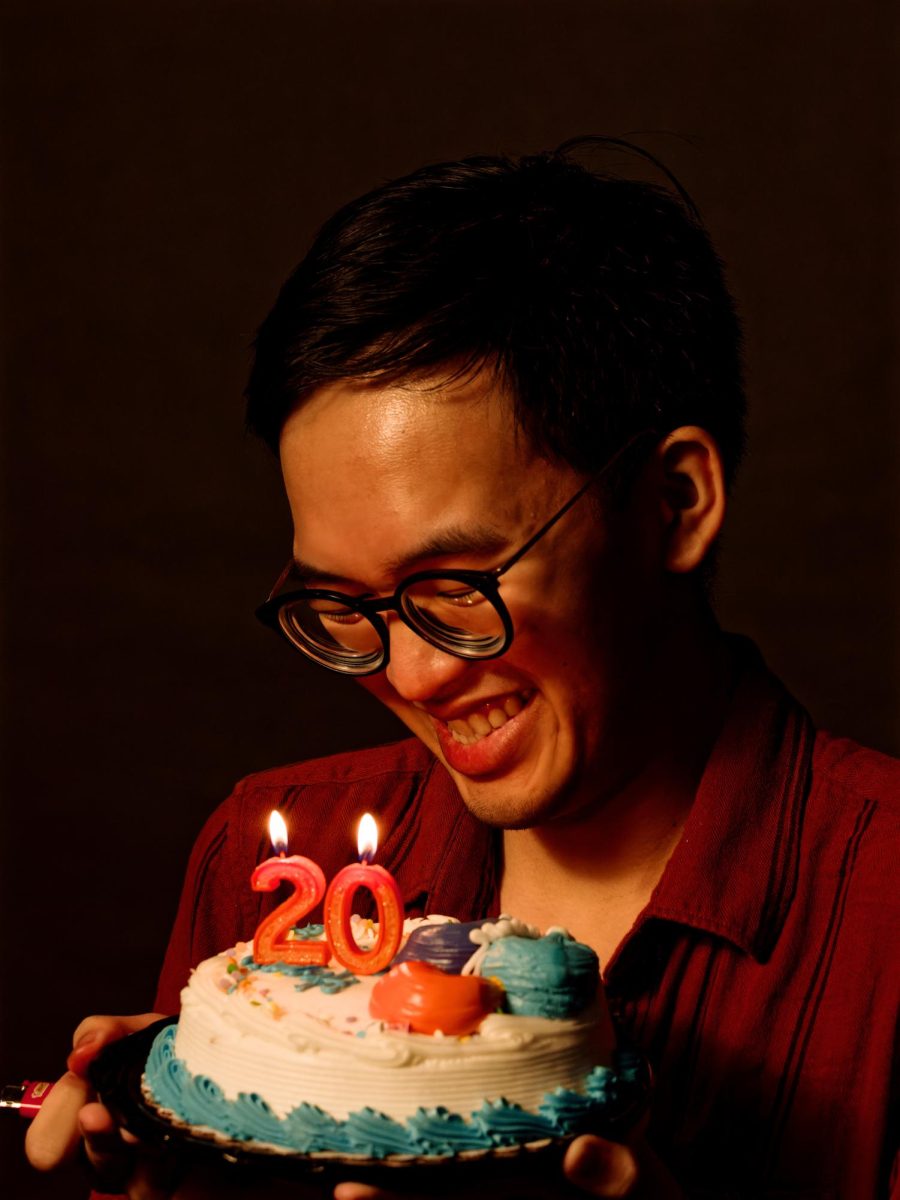
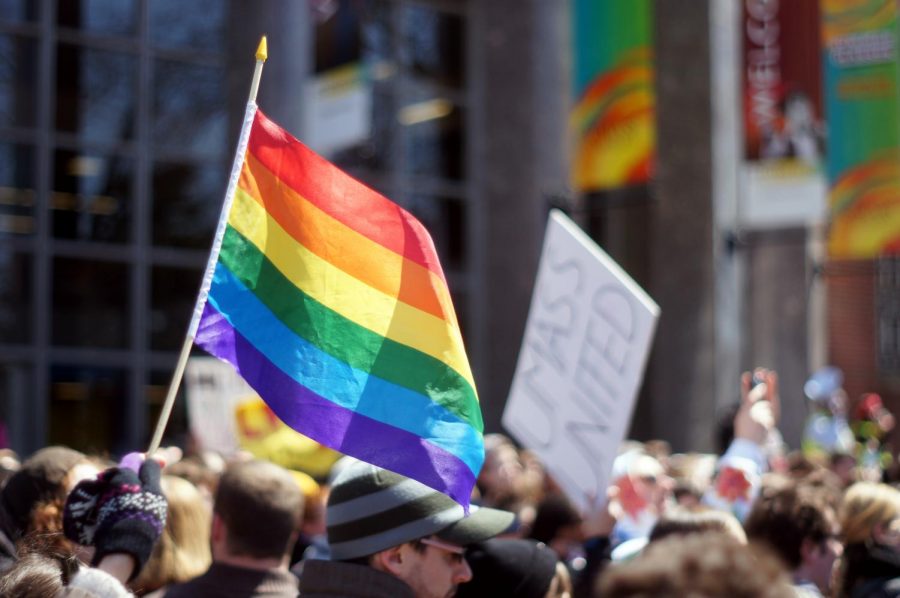
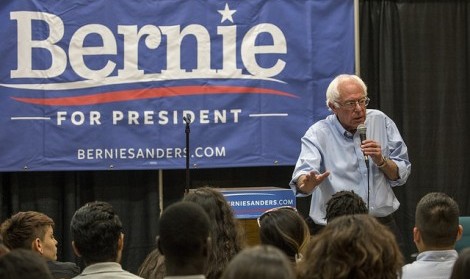
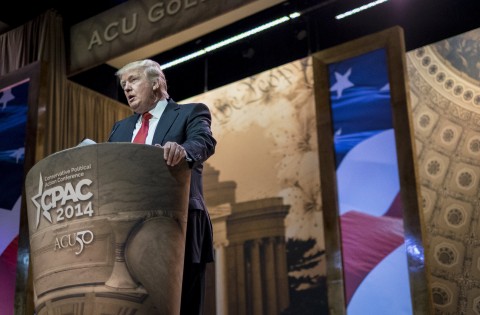









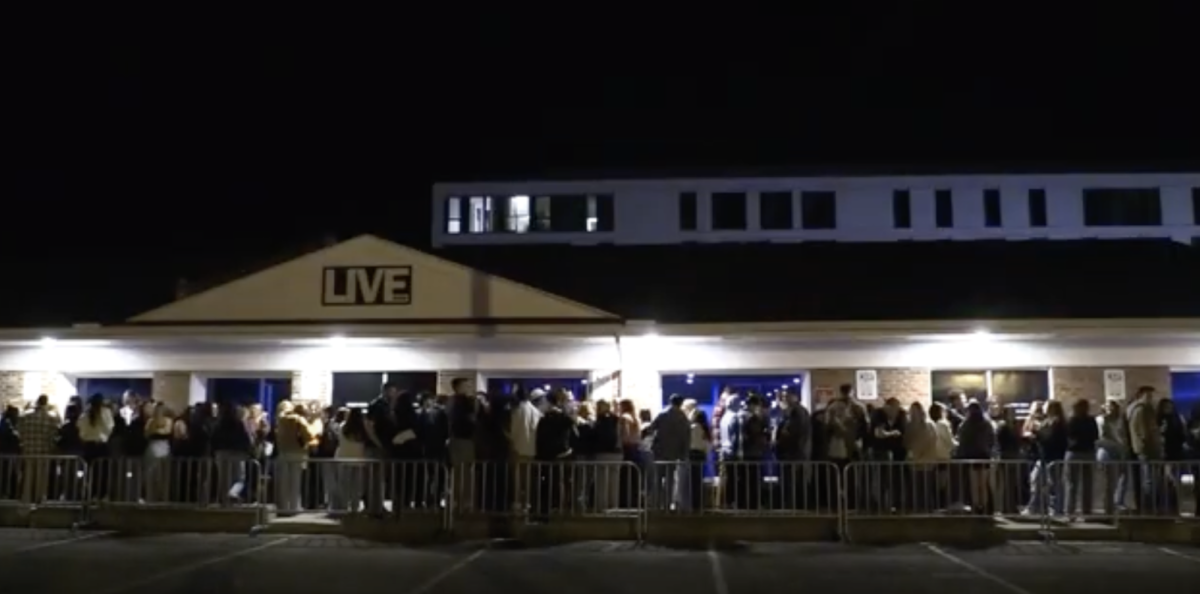

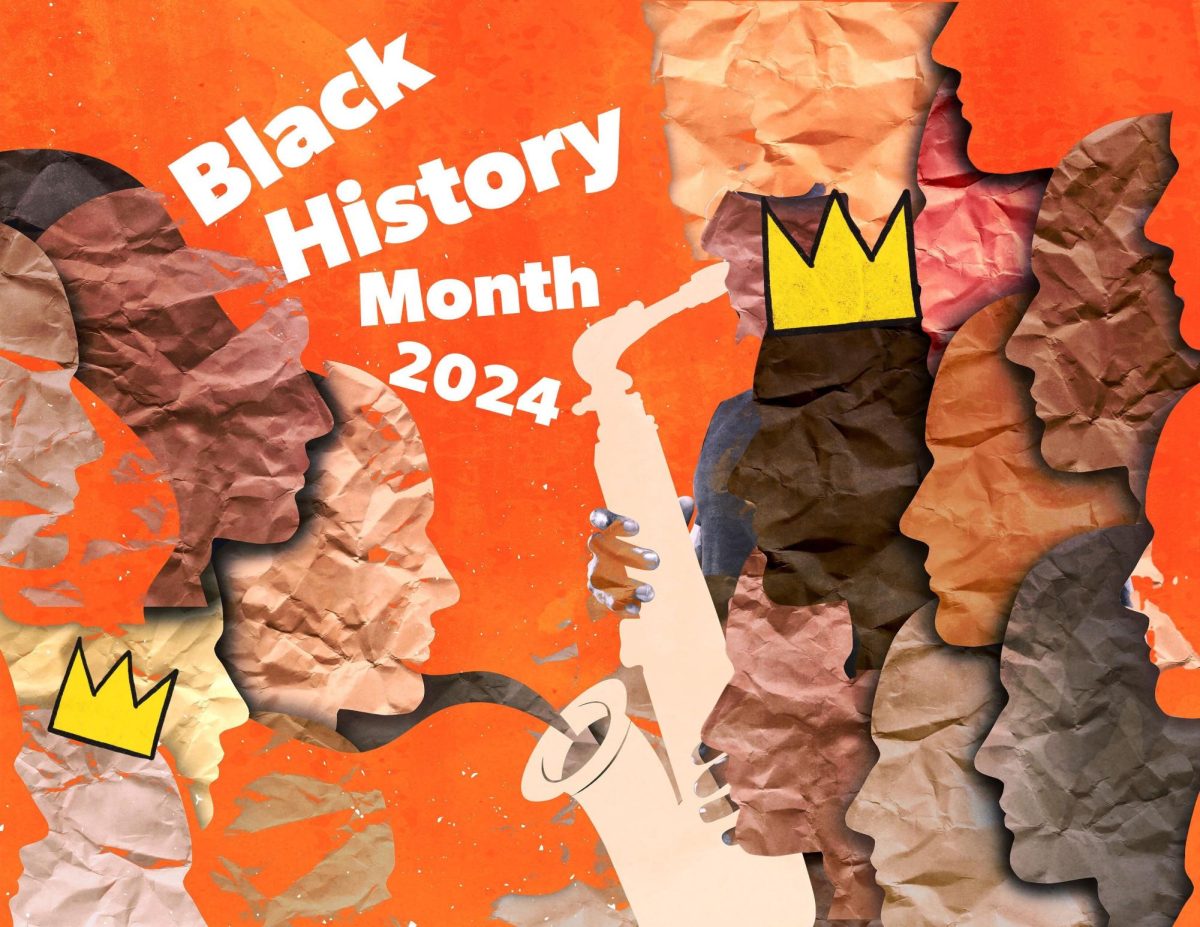
Stefan Herlitz • Sep 17, 2015 at 12:42 pm
Spelled “Sweden” wrong